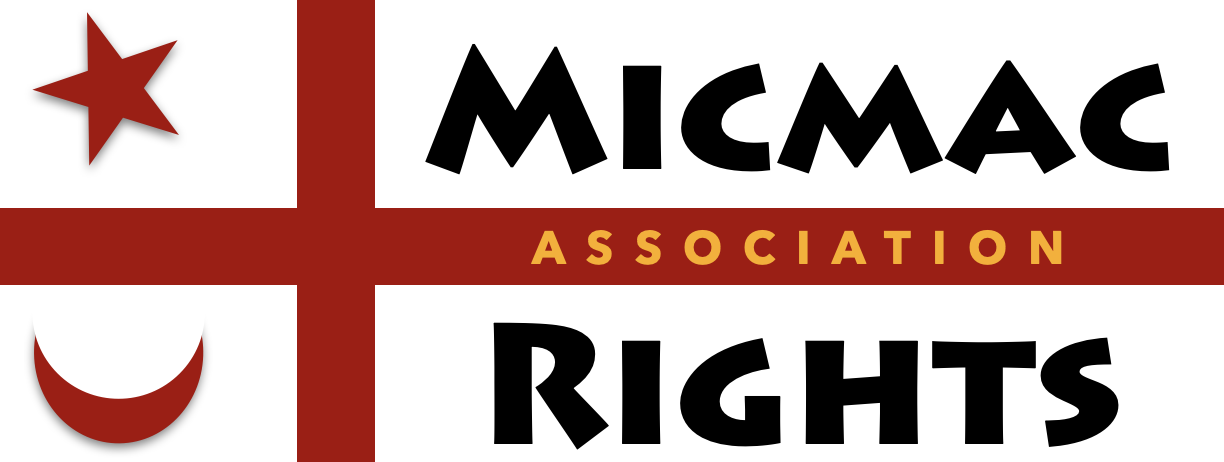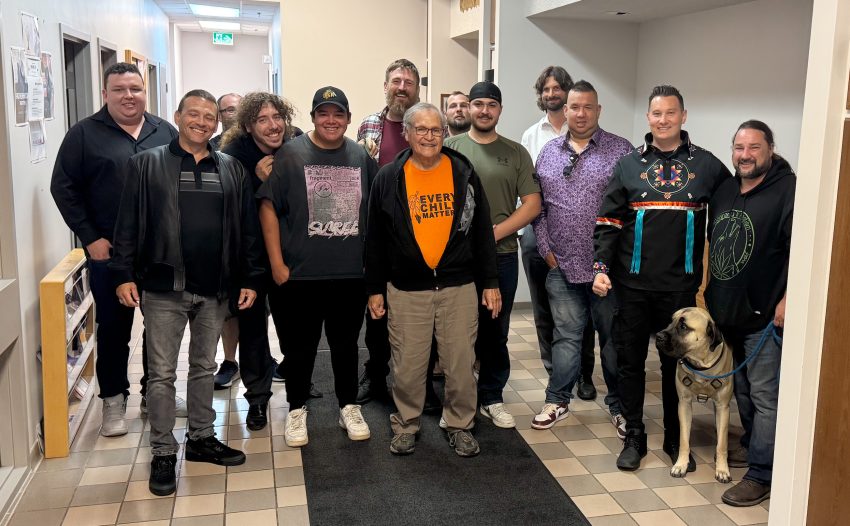Crown Prosecutor Len MacKay stays Excise Act and Criminal Code charges against Connor Paul and Scott Paul in Amherst Provincial Court.
AMHERST, NS – Crown Prosecutor Len MacKay dropped serious charges against two Mi’kmaq men in order to sidestep a constitutional showdown over whether former National Chief Delbert Riley can represent Indigenous defendants in court.
On Wednesday, the Crown stayed Excise Act and Criminal Code charges against Connor and Scott Paul in Amherst Provincial Court. The Pauls, members of the Micmac Rights Association, are accused of operating a truckhouse selling cannabis on “Crown lands” near Amherst, Nova Scotia.
The case was on track to test the limits of section 802.1 of the Criminal Code, which restricts who can represent an accused in criminal proceedings. On April 17, shortly before trial was set to begin, Crown Prosecutor Len MacKay argued that the Pauls could not be represented by Chief Riley, and instead had to either hire a lawyer or act for themselves, because the charges carried potential sentences of more than six months in jail.

The Pauls pushed back, filing a Notice of Constitutional Question and a legal brief asserting their right to be represented by their traditional leaders. “Mi’kmaq defendants, as beneficiaries of the 1752 Treaty and holders of section 35 Aboriginal and treaty rights, have the right to be represented in court by their traditional Elders or leaders,” they wrote.
In late August, Judge Rosalind Michie presided over a full-day hearing on the issue. The Crown tried to argue that the 1752 Treaty was “inapplicable” and of “uncertain” status, despite the Supreme Court of Canada confirming its validity in Simon v. The Queen (1985). Prosecutors also sought to block Indigenous witnesses from testifying about treaty rights unless they were certified as “expert witnesses” – a position that runs directly against landmark Canadian Supreme Court rulings such as Van der Peet, Delgamuukw, and Mitchell, which affirm that courts must accept oral histories in Aboriginal rights cases.
But just before court reconvened on September 24, the Crown blinked. MacKay stayed the two most serious charges – the ones carrying sentences over six months – making the constitutional challenge effectively “moot.”
With those charges dropped, the constitutional questions are shelved for now. The Paul brothers are due back in Amherst Provincial Court on February 17–18, 2026, for trial on the remaining allegations.
This latest development highlights a recurring pattern in Indigenous rights litigation: rather than risk a precedent-setting ruling that could expand the recognition of Aboriginal and treaty rights, the Crown often withdraws or reduces charges at the eleventh hour. On June 4th, 2025 the Crown similarly dropped Excise Act charges against MRA Executive member Thomas Durfee in order to avoid a constitutional challenge on the issue of elder representation.
A similar such constitutional challenge to s. 802.1 will be held in a case involving Mi’kmaw fishing rights for Micmac Rights Association member Chris Labillois who is being represented by Chief Riley. The matter will be heard in Campbellton Provincial Court in New Brunswick on Friday, October 10th, 2025.

